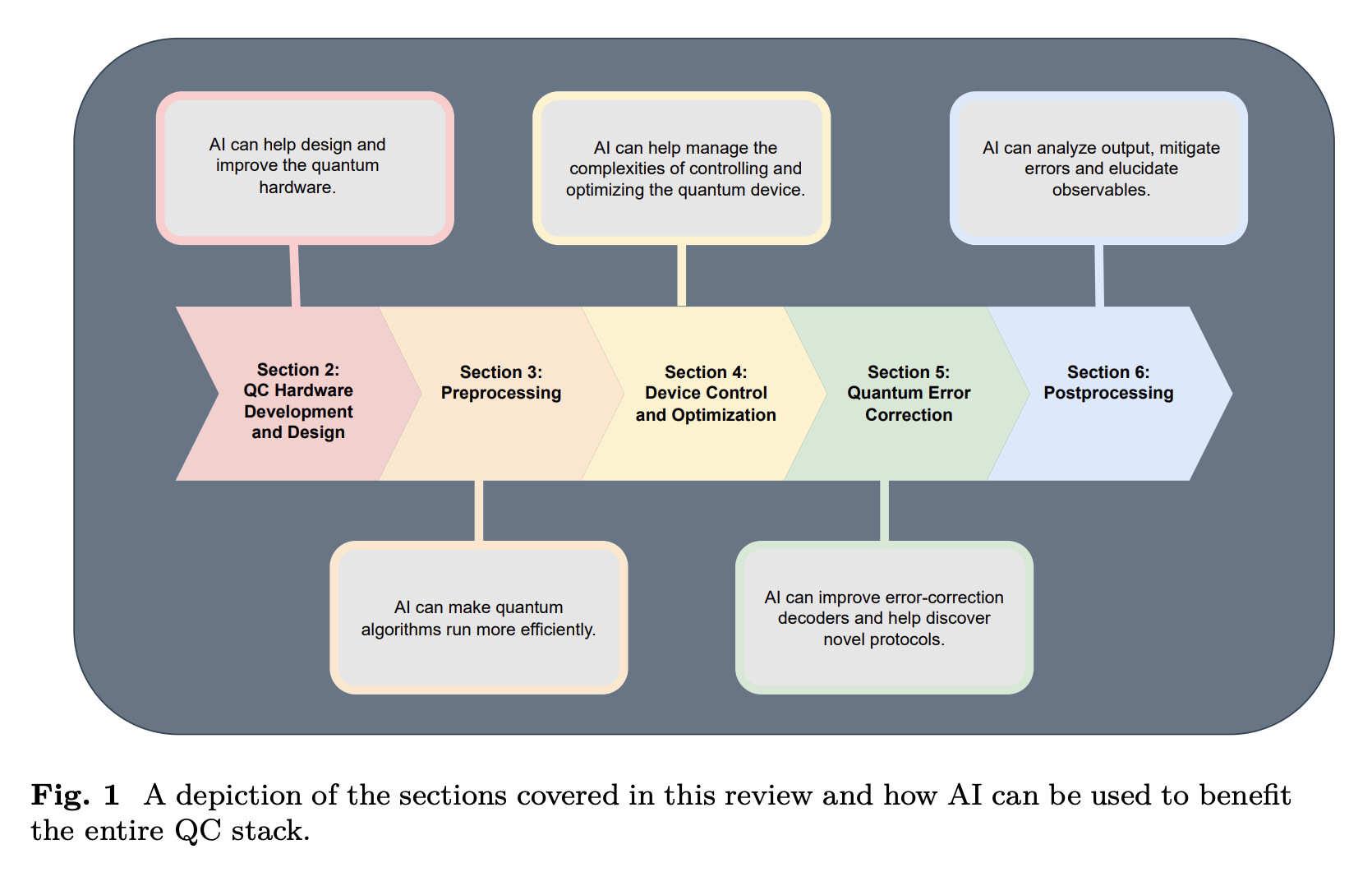
Transforming Quantum Computing with Artificial Intelligence
What is Quantum Computing?
Quantum computing (QC) is a cutting-edge technology that has the potential to revolutionize various scientific and industrial fields. The key to unlocking this potential lies in creating advanced quantum supercomputers that combine reliable quantum hardware with powerful computational systems. These systems can solve complex problems that traditional computers struggle with, particularly in areas like chemical simulations and optimization.
The Role of AI in Quantum Computing
High-performance computing, especially through accelerated GPU computing, has significantly advanced quantum research. Now, generative artificial intelligence (AI) is expanding this field even further. AI models, trained on vast amounts of data, are proving effective in enhancing quantum computing applications. Transformer models, known for their adaptability, are making strides in technical areas like biomedical engineering and materials science.
Research Insights
A collaborative study from prestigious institutions, including the University of Oxford and NASA, explores how AI is reshaping quantum computing. The research focuses on the “AI for quantum” approach, detailing how AI can improve quantum hardware and software. It covers everything from hardware design to critical processes like optimization and error correction, showcasing AI’s transformative impact.
Machine Learning and Deep Learning
Modern AI primarily relies on machine learning, which uses algorithms to analyze data. Deep learning, a subset of machine learning, employs neural networks to learn complex data patterns. These networks can be categorized into discriminative models, which differentiate data types, and generative models, which create new data. Techniques like reinforcement learning and transformer models are particularly effective in solving sequential decision-making and understanding input sequences.
Accelerating Quantum Hardware Development
Developing quantum hardware is challenging and often costly. AI can significantly speed up this process by providing insights into complex quantum systems. Machine learning techniques help identify system parameters and optimize control signals, making quantum computer development more efficient.
Improving Quantum Circuit Design
Quantum circuit preprocessing is essential for creating efficient circuits. AI offers innovative methods for circuit synthesis and optimization, helping researchers navigate complex quantum gate sequences and reduce computational costs.
Enhancing Quantum Processor Control
Quantum processor development requires precise control and optimization. AI can automate these labor-intensive processes, using machine learning to find optimal solutions and streamline device adjustments.
Addressing Quantum Error Correction
Quantum error correction (QEC) is vital for building reliable quantum systems. AI enhances decoding efficiency and accuracy, using advanced neural networks to analyze error patterns and improve correction strategies.
Discovering New Quantum Error Correction Codes
AI, particularly through reinforcement learning, can automate the discovery of new quantum error correction codes. This approach allows for efficient exploration of design spaces, leading to innovative solutions that outperform traditional methods.
Optimizing Quantum Post-Processing
The post-processing stage in quantum computation is crucial for interpreting results. AI can optimize measurement processes and enhance error mitigation strategies, transforming how researchers validate quantum results.
Conclusion
AI is revolutionizing quantum computing, playing a critical role in hardware development and operational processes. By integrating AI with quantum technologies, we can bridge the gap between current systems and future fault-tolerant quantum applications.
Get Involved
Check out the research paper for more insights. Follow us on Twitter, join our Telegram Channel, and LinkedIn Group for updates. If you appreciate our work, subscribe to our newsletter and join our 55k+ ML SubReddit.
Upcoming Event
Join us for the **FREE AI VIRTUAL CONFERENCE** SmallCon on Dec 11th, featuring industry leaders like Meta and Salesforce. Learn how to build big with small models.
Transform Your Business with AI
Discover how AI can enhance your operations:
– **Identify Automation Opportunities:** Find customer interaction points that can benefit from AI.
– **Define KPIs:** Ensure measurable impacts on business outcomes.
– **Select an AI Solution:** Choose tools that fit your needs.
– **Implement Gradually:** Start small, gather data, and expand wisely.
For AI KPI management advice, contact us at hello@itinai.com. Stay updated on AI insights via our Telegram or Twitter. Explore more at itinai.com.


























